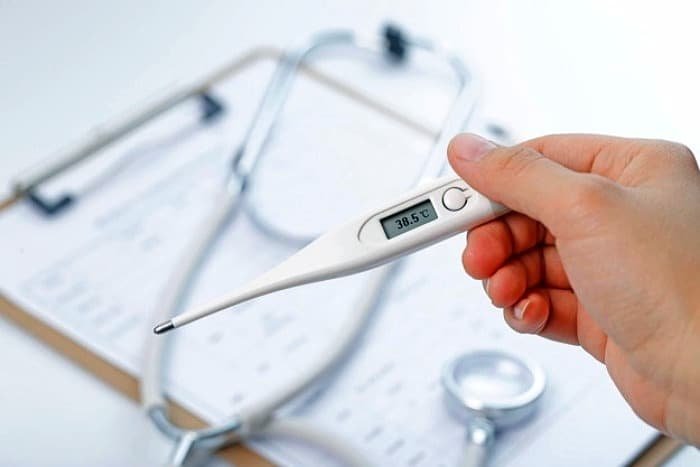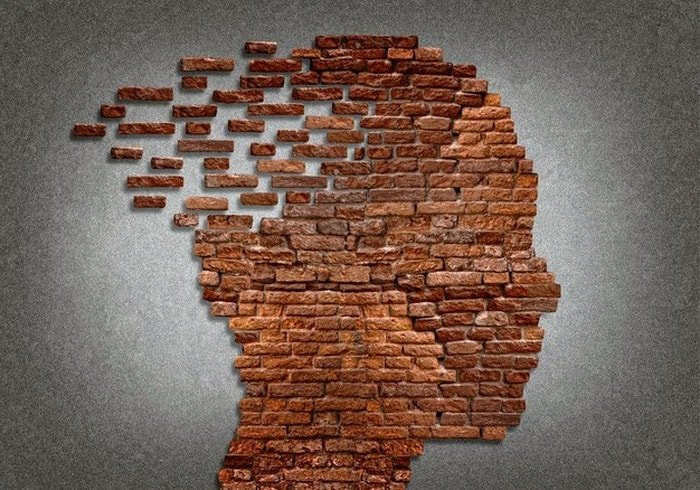ConnectionCopper Deficiency in the BodyWith Excessive Zinc Intake
Our body only needs a small amount of zincZincbut this small amount of this mineral has many benefits. Zinc plays a vital role in immune function, cell growth and division, wound healing, improving digestion, and even reducing the risk of COVID-19. Although zinc is beneficial, excessive intake can have many side effects, which we will explain in this health section of SelMagz.SelMagzWe will explain.
What are the Side Effects of Excessive Zinc Intake?
Although our bodies do not naturally produce zinc, most people can get enough of it by eating a diverse diet. Foods rich in zinc include meat, beans, nuts, milk, and chicken.
If you are not getting enough zinc daily,there are also dietary supplements available.Along with the benefits of zinc consumption, note that excessive intake can have dangerous consequences, including:
- Fever
- Fatigue
- Abdominal pain
- Nauseaand vomiting
- Hallucinations
- Anemia
- Cough
- Disruption in the immune system
- Increased risk ofProstate cancer
- Reduced sense of smell
- Diarrhea
- Change in taste and metallic taste in the mouth
- Lethargy
- Dizziness
- Headaches
- Loss of muscle tone

However, these are not the only side effects of excessive zinc consumption. As we will explain further, copper deficiency in the body is a significant negative effect of too much zinc intake.
Reduced Copper Levels in the Body, a Major Side Effect of Excessive Zinc
Excessive zinc supplementation in the diet can lead to copper deficiency in the body. Zinc and copper compete for absorption in the stomach, and zinc usually wins, resulting in poor copper absorption. An excess of zinc can also lead to dangerous problems.
Signs of copper poisoning can includeHeadachesNausea,DiarrheaandDepressionand others; thus, maintaining a balance between these two minerals is essential for good health.
Symptoms of Low Copper Levels
Copper normally provides you with energy, contributes to brain growth and tissue production, andregulates heart rateandblood pressurewhile helping the nervous system function properly and maintaining a healthy metabolism.
Although many people do not get the recommended amount of copper in their diet, copper deficiency is very rare and only a few individuals will experience this. However, those who become deficient will notice symptoms quickly.
Mild copper deficiency symptoms include fatigue, muscle weakness, hypopigmentation (skin spots from loss of pigment), premature hair thinning or whitening, and sensitivity to cold.
More serious long-term symptoms associated with copper deficiency include weak or brittle bones, cognitive deficits such as learning and memory problems, unsteady walking, and even loss of vision. Some experts believe that copper deficiency may also play a role inAlzheimer’s diseaseand more.

Important Tips for People with Copper Deficiency
Only take zinc supplements if your doctor has recommended them.
Excessive addition of zinc to the diet through supplements increases the risk of copper deficiency symptoms; therefore, do not use supplements unless it is confirmed that your diet is low in zinc or you have a verified deficiency. Achieving a perfect balance between the two rare minerals, copper and zinc, is crucial to prevent issues in the body.
Individuals withCeliac diseaseor those withmalnutritionare at greater risk of copper deficiency. Pregnant women, vegetarians, and people with sickle cell disease or gastrointestinal disorders may also be prescribed high doses of zinc supplements for various reasons, and therefore these individuals should monitor their copper levels closely. It is finally recommended to consult a specialist before adding zinc or copper supplements to your daily diet.
The recommended zinc intake
for adult men is 11 mg per day, and for adult women it is 8 mg, with a recommendation of 11 to 12 mg for women duringpregnancyand nursing.







